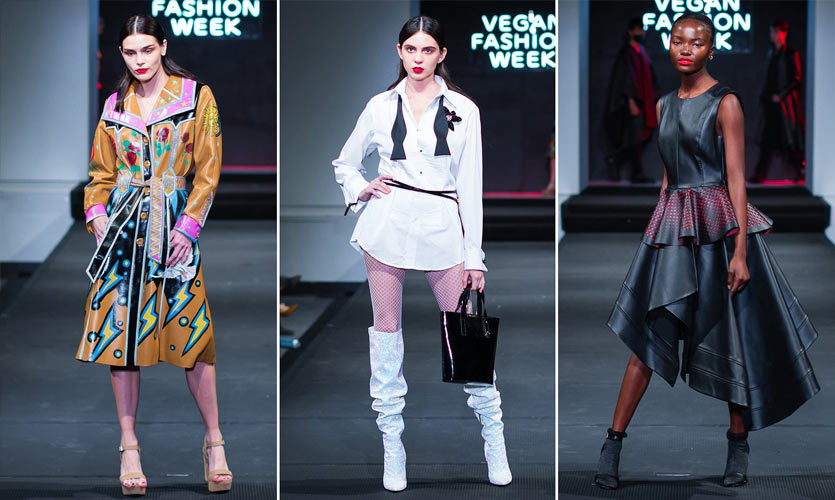As a movement, veganism aspires for a conscious and cruelty-free co-existence with the environment. While vegan food has already gained momentum across the world, vegan beauty and fashion are relatively new.
Adapting to vegan fashion means discarding items from your wardrobe that contain animal byproduct from the manufacturing process of the fabric. This includes materials we own and use in our everyday life, like wool, leather, down, suede, silk, and fur, among others. Moving away from mainstream fashion clothing, “ethical” materials like cotton, the idea is to use materials like hemp, faux leather, linen, polyester fibres, or synthetic clothing. These alternatives are being adopted for an animal-friendly future, and fast-fashion brands like Zara and H&M, have openly showcased their commitment to the cause.
While the alternative fabrics assure a cruelty-free closet, do they also provide the same sanctuary to the environment? Several researches have conveyed that vegan fashion might not always be sustainable, since it still promotes use of non-degradable synthetic fibres. Top fashion experts consider artificial fibres a “grey area,” something that may not be entirely environment-friendly, yet is better than non-vegan clothing. Even PETA has advocated using polyester instead of silk. However, a deeper look into the manufacturing process reveals that polyester sweaters release microplastics every time they’re washed, which has already caused damage to the aquatic world. Moreover, polyester is a petroleum product, whose impact on the ecosystem is hazardous. Nearly all artificial fibres utilize chemicals, dyes and plastic, which are already at the root of environmental problems around the world. Similarly, denim is considered vegan, but excessive amounts of water and toxic dyes are used to make every pair of jeans.
A form of faux leather, Pinatex, which is made out of pineapple leaf fibres is another popular product in vegan fashion. Pinatex is also manufactured with thermoplastic polyester and petroleum-based resin. It is also not as durable as standard leather, which leads to higher demand and higher manufacturing. Standard leather on the other hand, made of animal skin, lasts longer and is biodegradable.
To battle this conundrum, researchers are now looking towards plant-based alternatives to leather, which can solve this dilemma. In recent times, vegan leather, made out of grapes, cactus, and mushrooms has made its way to the market. It’s used by giant corporations like Hermes and Adidas to make shoes and handbags.
Read more: Assamese Entrepreneur Is Turning Trash Into Handloom Treasure










